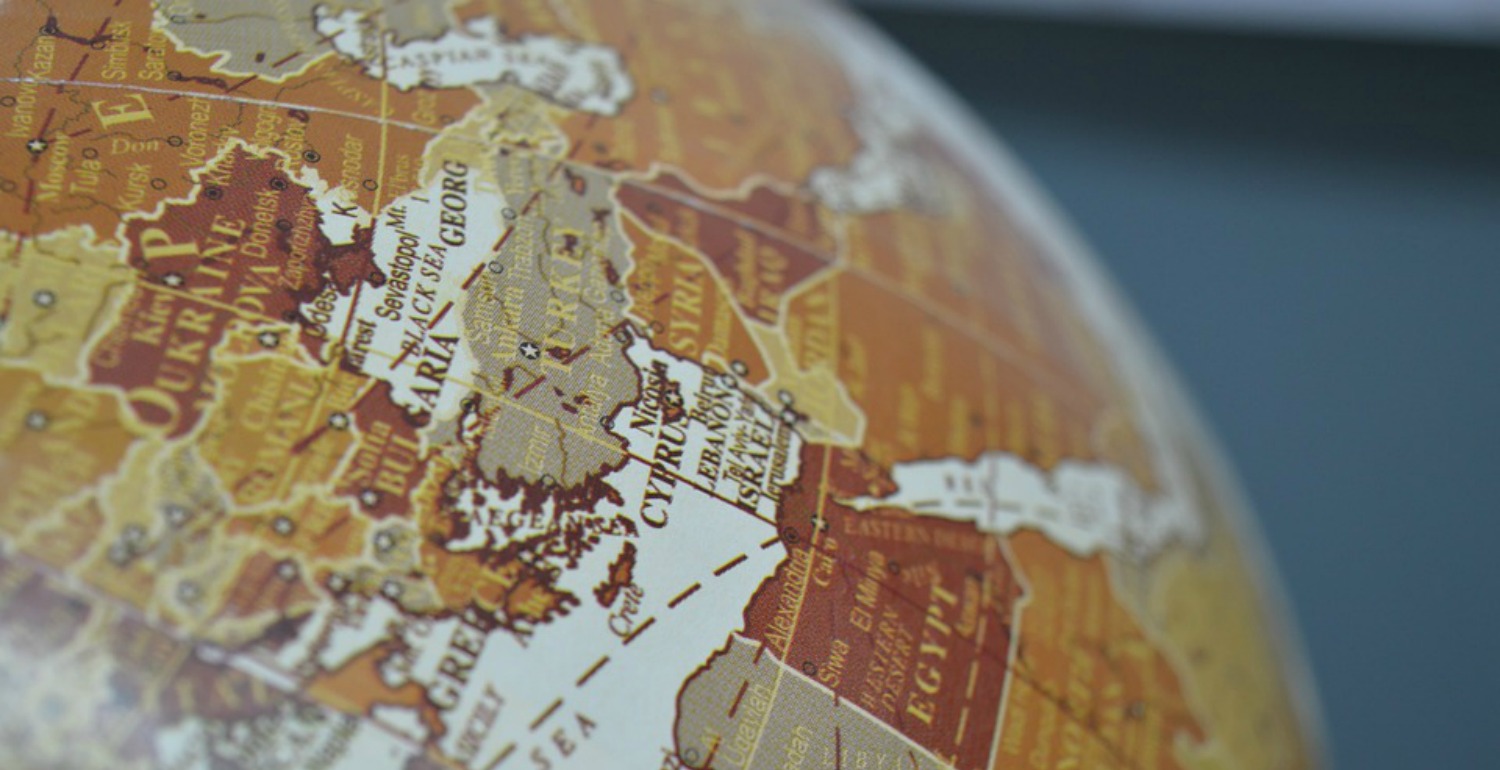This hearing will focus on the more than 1.6 million Syrian civilians who have fled the ongoing violence in their country, their impact on the countries that are hosting them, and international efforts to support these refugees as well as the more than 5 million Syrians who are displaced in their own country. The countries that have opened their borders, and in many cases their homes, to the Syrian refugees include Turkey, an OSCE participating State, Jordan an OSCE Mediterranean Partner Country, and Lebanon, a country that has been historically engaged in the OSCE process. OSCE Partner, Egypt, and Iraq have been impacted by this crisis as well.
The United National High Commissioner for Refugees (UNHCR) estimates that by the end of 2013 there will be one million refugees each in Turkey, Jordan and Lebanon. After more than two years, a resolution to the conflict remains elusive and the suffering of the Syrian people continues unabated. The hearing will examine the U.S. and international response to this unprecedented and expanding humanitarian crisis that threatens to destabilize the entire region.




